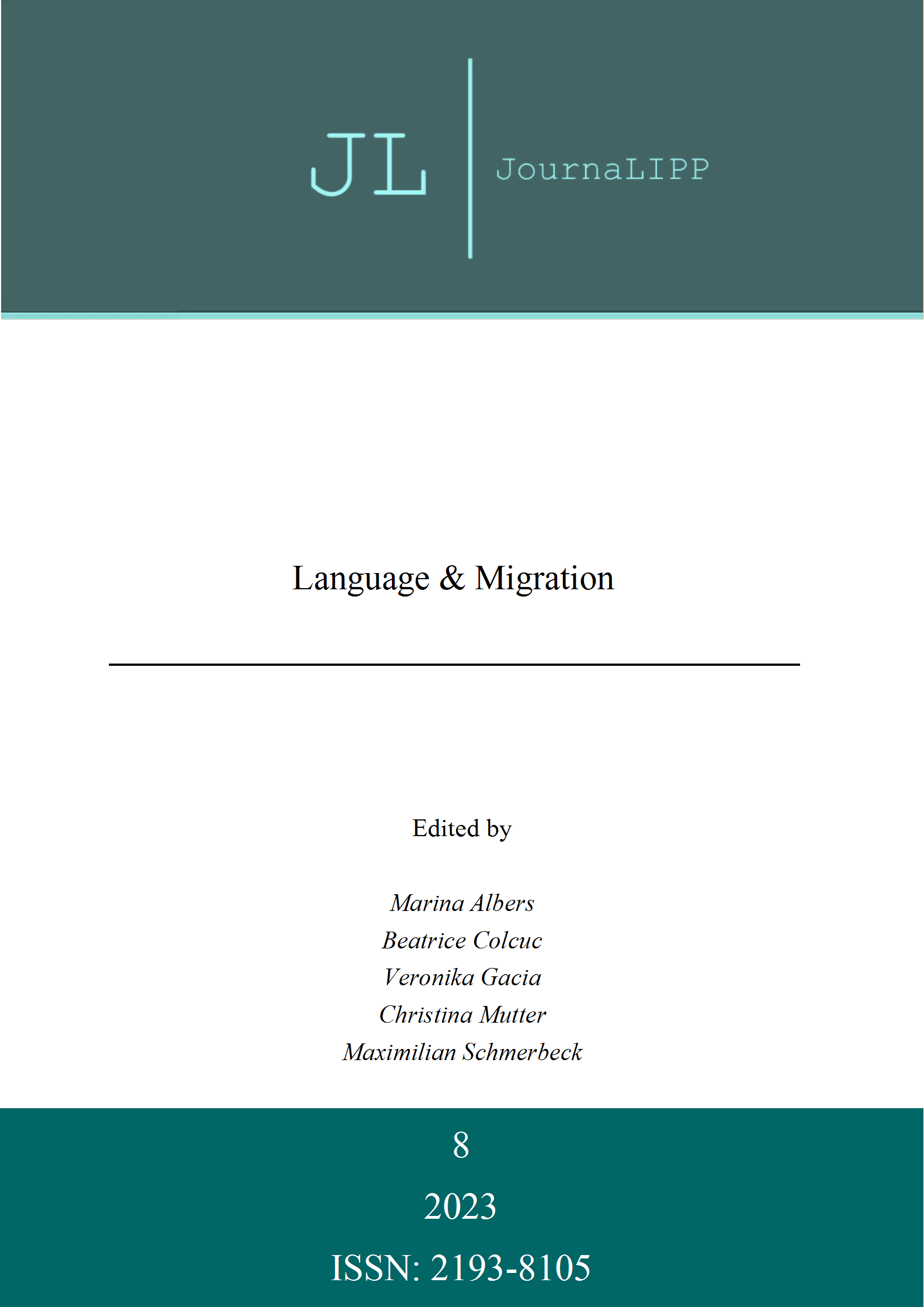Abstract
The stigmatizing descriptor broken English is widely recognized and socially acceptable in the English-speaking world. It serves to emphasize the “otherness” of nonnative speakers and does not measure communicative ability (Lindemann/Moran 2017: 663). Existing linguistic research on the term tends to focus on its use by native speakers in reference to nonnative English. This paper contributes to research on broken English from a nonnative speaker perspective through a Critical Discourse Analysis of its use in language-biographical interviews with seven Korean immigrants in the United States. The aim is to ascertain its meaning and function as used by nonnative speakers mainly to describe their own English. Each participant has been living in the US and communicating in English for at least 25 years, yet almost all claim to speak broken English. The linguistic judgements and self-perceptions of these Korean immigrants are noticeably shaped by the pervasive standard ideology present in the US. They are also strongly influenced by how Asians in the US are seen (and thus treated) as perpetual foreigners and not authentic Americans, whether they are foreign-born or not (Lippi-Green 2012: 285). This analysis shows that the use of broken English in this data largely aligns with its use by native speakers. Broken English conclusively emerges as an ideologically encoded term, no matter the labeler. Nonnative speakers internalize standard language ideology in their applications of this descriptor to their own language, thus maintaining the imbalanced power structures which marginalize them.
Keywords: nonnative English, Korean American, immigrant, language ideology and linguistic judgments

